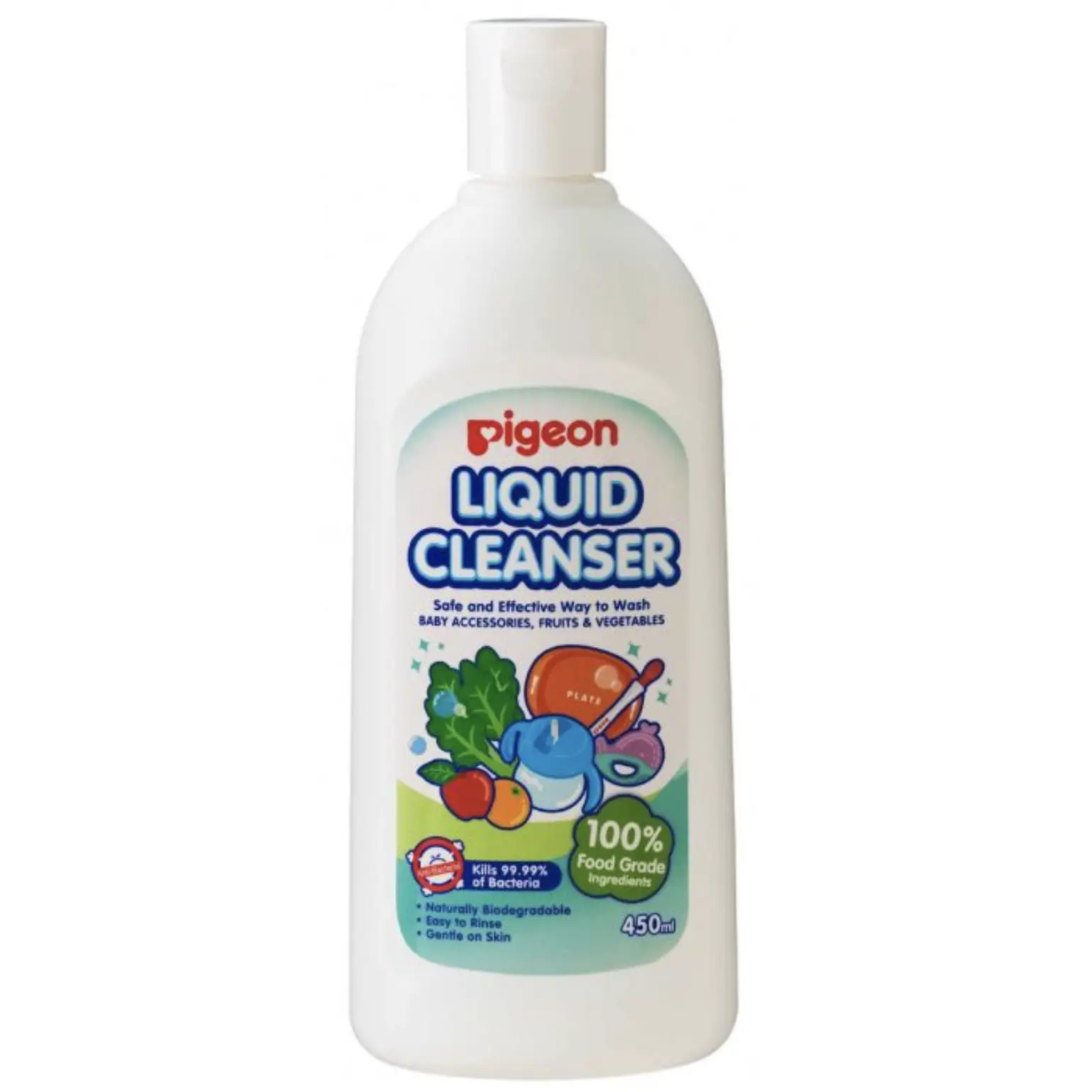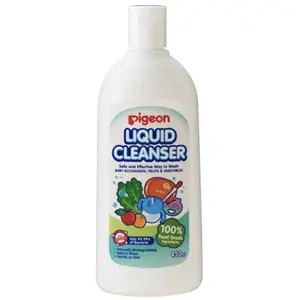Toddler Feeding
12 Months +

It's common for parents to be concerned about their toddler's eating habits. Some parents worry that their toddlers are eating too much or too little or are becoming fussy with the types of food they will eat.
Parents have an important job in providing nourishing food to help their children grow healthy and strong.
Mealtimes are about much more than the food. They're a chance to socialise as a family and help your child watch healthy eating behaviours.
How much food does a 12 month old need?
Children vary in their individual eating requirements and there isn't one right amount of food they need to help them grow. A toddler's rate of growth is smaller than a baby's and it comes in spurts. During a growth spurt, they will want to eat all the time. At other times, it will seem as though they're barely eating anything.
Toddlers know when they're hungry and full and will let you know when they're ready to eat, want more or are full.
If your child is having fun and has the energy to play and explore the world around them, then they're eating enough.
Preparing food for your toddler
When preparing foods, food safety is important. Always wash your hands before you begin and try using different coloured boards; one each for chopping meats, fruits and vegetables.
If you’re using a microwave oven to heat your baby’s food, stir the food thoroughly before serving, and check the temperature.
Prevent your baby from choking by:
- Always staying with them while they're eating.
- It's hard for toddlers to sit still and eat however there is a risk of choking if they eat while running and playing. Use a safety harness when they're in a high chair or low chair to prevent them from moving around while they're eating.
- Avoid giving whole nuts, small hard foods (such as raw or undercooked pieces of hard fruit and vegetables, popcorn, rice cakes and cocktail frankfurts) and small slippery foods (such as whole grapes and whole cherry tomatoes).


Advertisement
Pigeon Liquid Cleanser
What are some recipes for toddlers 12 to 18 months?
At 12 months your baby can enjoy the same food as the rest of the family. Foods can be cut up into bite size pieces or mashed with a fork.
Two healthy snacks can be given for morning and afternoon tea and again. You can be guided by your baby’s behaviour to decide whether you offer a milk feed before or after their solid food.
Some recipe ideas for this age include:
- Fried rice with lots of veggies
- Bolognaise and pasta - grate in extra vegetables for additional nutrition
- Lentil dhal
- Meatballs
- Veggie patties
- Frittata bake
Finger foods for a 1 year old
-
1
Boiled or steamed vegetables – potato, pumpkin, carrot circles, zucchini strips, beans, peas or slices of beetroot.
Hard vegetables need to be well cooked and offered as large chunks.
-
2
Fruit like whole small banana, a small ripe pear, a small whole orange, peeled.
-
3
Raw vegetables like sliced tomato, cucumber and capsicum can be cut into strips. They could even dunk them into hummus or ricotta.
-
4
Cooked lean meat or tofu may be cut into strips for chewing or small thin pieces to be picked up with the thumb and forefinger.
-
5
Slices of toast, crumpet, pita, pide, roti, chapati or tortilla. You could leave plain or serve with nut spreads, banana, hummus or cottage cheese.
-
6
Cooked wholegrain pasta pieces that can be served plain or with a sauce like bolognaise. Make sure the pasta is easy to hold like penne, spirals or shells.
-
7
Peeled and chopped hard-boiled eggs. Or could make an egg omelette and roll it into small spirals to make it easier for them to grab.
-
8
Home made pikelets or muffins for a treat.
Be prepared for mess
Playing with food is your baby’s way of exploring new textures, shapes and sizes. When learning to eat family foods, it's important to let them develop these skills. Along the way, there will be lots of mess!
Stay calm and encourage them to feed themselves. Give them a spoon to hold, even if they don't actually use it to feed themselves. Cut their food into small pieces and put a plastic mat under the high chair.
What about allergic reactions?
If allergy is a problem in your family or you are concerned seek advice about baby allergies from your child and family health nurse or doctor.
Our top tips for mealtimes with toddlers
- Interaction with their family during mealtimes is important as it helps them develop social skills by mimicking your eating behaviours and patterns.
- They may develop strong likes and dislikes and frequently change their minds.
- They're often wary of new foods in the beginning but with repeated exposure, they will accept most new foods.
- Reduce distractions like TV during mealtimes.
- They don’t like to wait, therefore they like meal and snack times to be predictable.
- They're tired after a busy day so often, the evening meal isn't the best time to try something new.
- Avoid nutrient poor foods with high levels of saturated fat, sugar, or salt (e.g. cakes, biscuits, confectionery and potato chips).
- Avoid forcing your child to eat as forcing children to eat usually leads to power struggles and the child eating less. The child may learn to associate mealtimes as an unpleasant experience.
- Avoid making deals with your child i.e. just 2 more bites and you can have dessert.
- Toddlers like attention - praise them when their behaviour and eating is positive.
FAQs about toddler feeding
Toddlers can have up to 2 serves of dairy each day. A serve is considered to be 250mls of pasteurised, full-fat cow's milk, a dairy alternative like soy or rice milk with at least 100 mg of added calcium per 100 ml, 2 slices cheese, ¾ cup yoghurt, ½ cup ricotta cheese.
No. Toddler follow-on milks aren't necessary.
Advertisement













































